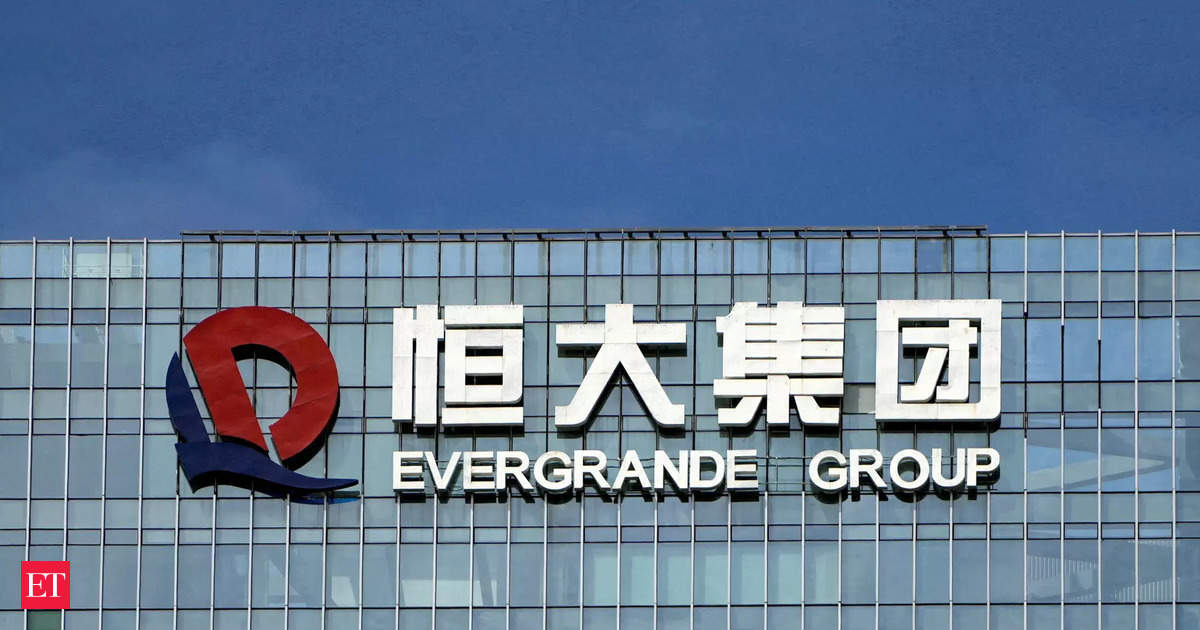A hearing on Monday to wind up China Evergrande Group was adjourned until Dec. 4, with a Hong Kong High Court judge giving the world’s most indebted property developer one last chance to come up with a restructuring plan or face liquidation. Evergrande, which has more than $300 billion of total liabilities, defaulted on its offshore debt in late 2021 and became the poster child of a debt crisis that has since engulfed China’s property sector. Justice Linda Chan told the court the next hearing would be the last before a decision is made on the winding-up order. Evergrande needed to come up with a “concrete” revised restructuring proposal before that date, she said, otherwise it was likely the firm would be wound up. A liquidator could still negotiate with creditors on a restructuring and make progress on a deal being reached, Chan said. The company’s shares were down 13% on Monday, having fallen as much as 23% in the morning session. A liquidation of Evergrande, which listed total assets of $240 billion as at end-June, would send further shockwaves through already fragile capital markets, but is expected to have little immediate impact on the company’s operations, including its many home construction projects. “I don’t think anyone wants to see it liquidated. But right now, we don’t see a better option could be offered by Evergrande, so the chance is still high that it would be wound up eventually,” said an Evergrande bondholder, asking to be unnamed because they were not authorised to speak with the media. Evergrande did not respond to request for comment. Evergrande had been working on an offshore debt restructuring plan but the plan was thrown off course last month when its billionaire founder Hui Ka Yan was confirmed to be under investigation for suspected criminal activities. Top Shine, an investor in Evergrande unit Fangchebao, filed the winding-up petition in June 2022 because it said Evergrande had not honoured an agreement to repurchase shares the investor bought in the unit. Evergrande revealed the investigation into its founder and one of its main subsidiaries last month, and it was barred by mainland regulators from issuing new dollar bonds, a crucial part of the restructuring plan. It also cancelled creditor votes originally scheduled for late last month.











